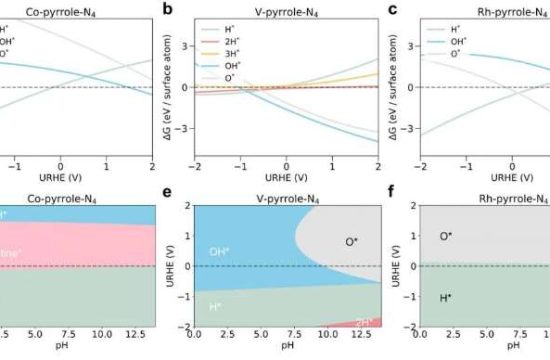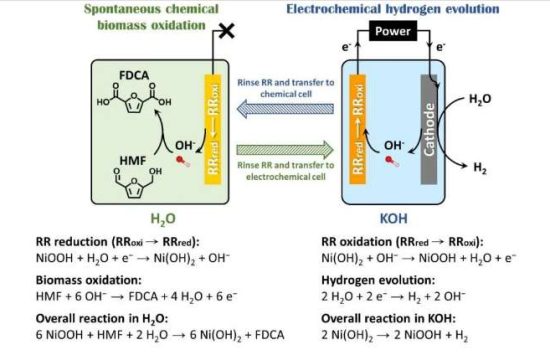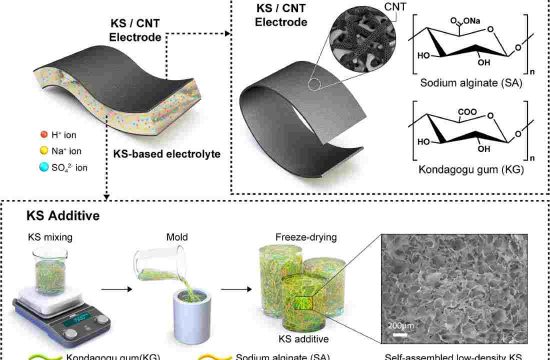Good hand hygiene has been found to be an effective way to prevent the spread of infectious organisms and the most important defence against disease. But studies have shown that many parents have inadequate knowledge, reporting skills, and parenting practices related to seasonal influenza.
The research by Dr Peggy Or Pui-lai, Assistant Professor at the Department of Health and Physical Education, The Education University of Hong Kong, investigated whether there was any correlation between flu infection among parents and their kindergarten-age children, and the effectiveness of using hand hygiene interventions in kindergartens to lower kindergarten children’s absenteeism attributable to seasonal flu.
In the study, researchers selected randomly fifteen kindergartens in Hong Kong from which 58 parents and two grandparents, and their children or grandchildren were invited to participate in the hand-hygiene programme.

To support the validity of the study, the WHO hand-hygiene checklist was used to ensure sufficient coverage of the objectives. An infection-control nurse conducted four weekly 45-minute training sessions for the children and a separate one-hour session for parents.
Parents monitored their children for flu symptoms, and the kindergartens monitored their school attendance. To evaluate the effectiveness of the programme, the children and their parents were required to answer 10 true-or-false questions in a questionnaire on hand hygiene knowledge before and after the hand-hygiene programme. A research assistant explained the questions and answers clearly to the children.
The results of the study showed that children with strong parenting and good hand hygiene had fewer recorded signs and symptoms of flu-like illnesses. The absence rates in all participating kindergartens owing to flu decreased from 21.5% to 12% in the three-month study period.
In the hand-hygiene knowledge test, 6.8% of parents correctly answered the question on the seven-step hand hygiene technique before the programme, while 79.5% answered it correctly after the programme.
In the hand-hygiene skills test, the parts of the hands that were not properly washed before the intervention were the back of the hands, the back of the fingers, the thumbs and the wrists. After the programme, the percentages of the properly washed areas on both hands increased significantly, in particular, the wrists from 0.5% to 82%, and 27% more children showed concern about the hand hygiene behaviour of the people around them, especially their parents.
The children also shared what they had learnt with their parents, and their parents started paying more attention to proper handwashing. This also provided more common topics for conversation between them, resulting in increased communication and closer bonds.
Researchers concluded that the flu infection rate of the parents and their children was significantly correlated. The awareness and personal hygiene skills of parents and children were both raised after the programme.
The findings supported that positive parenting on hand hygiene helped reduce kindergarteners’ absenteeism from flu-like illnesses.








